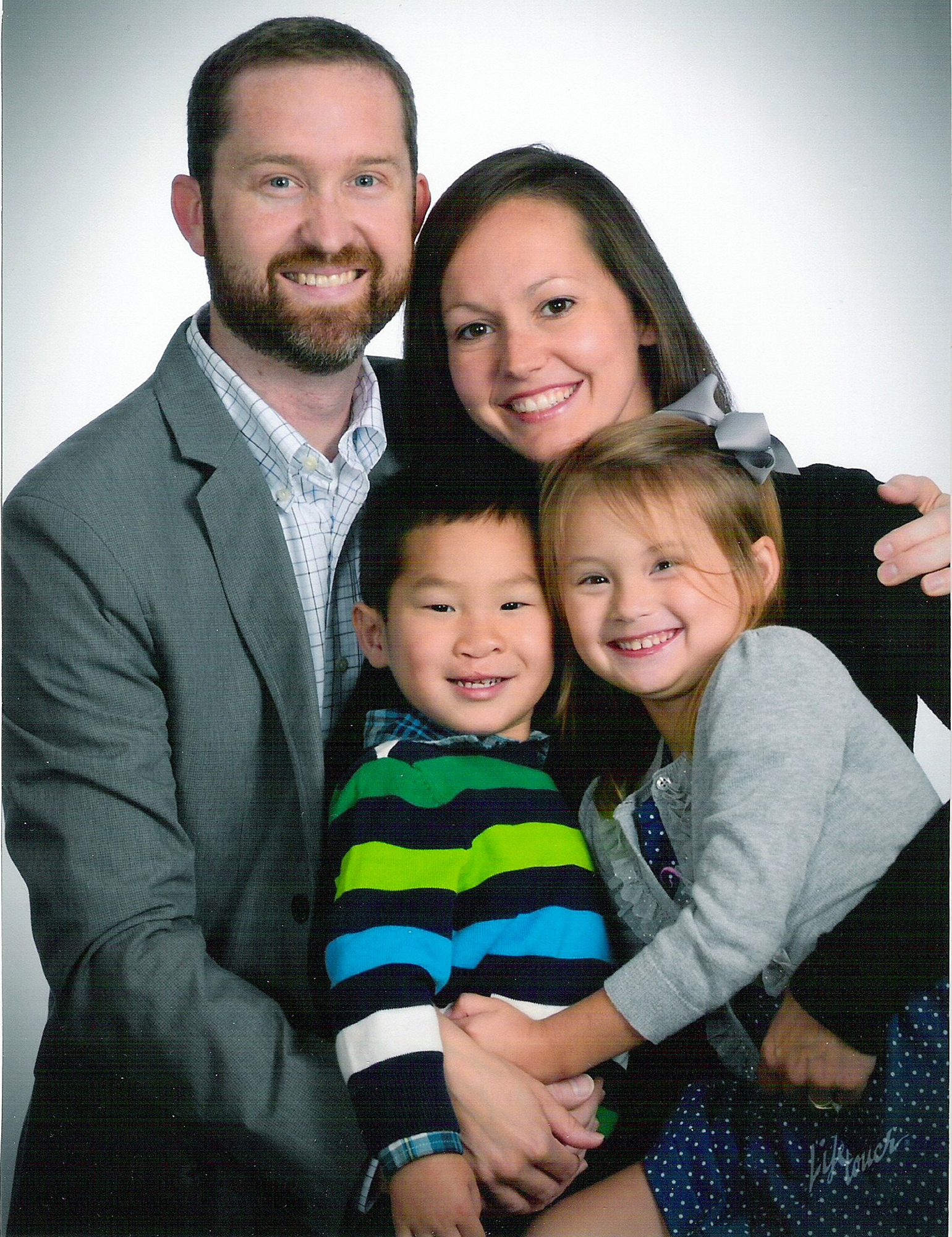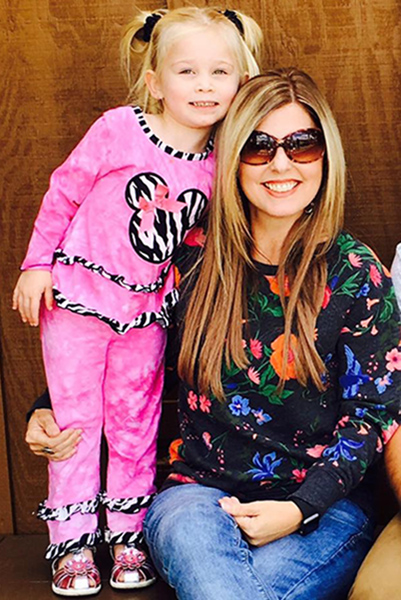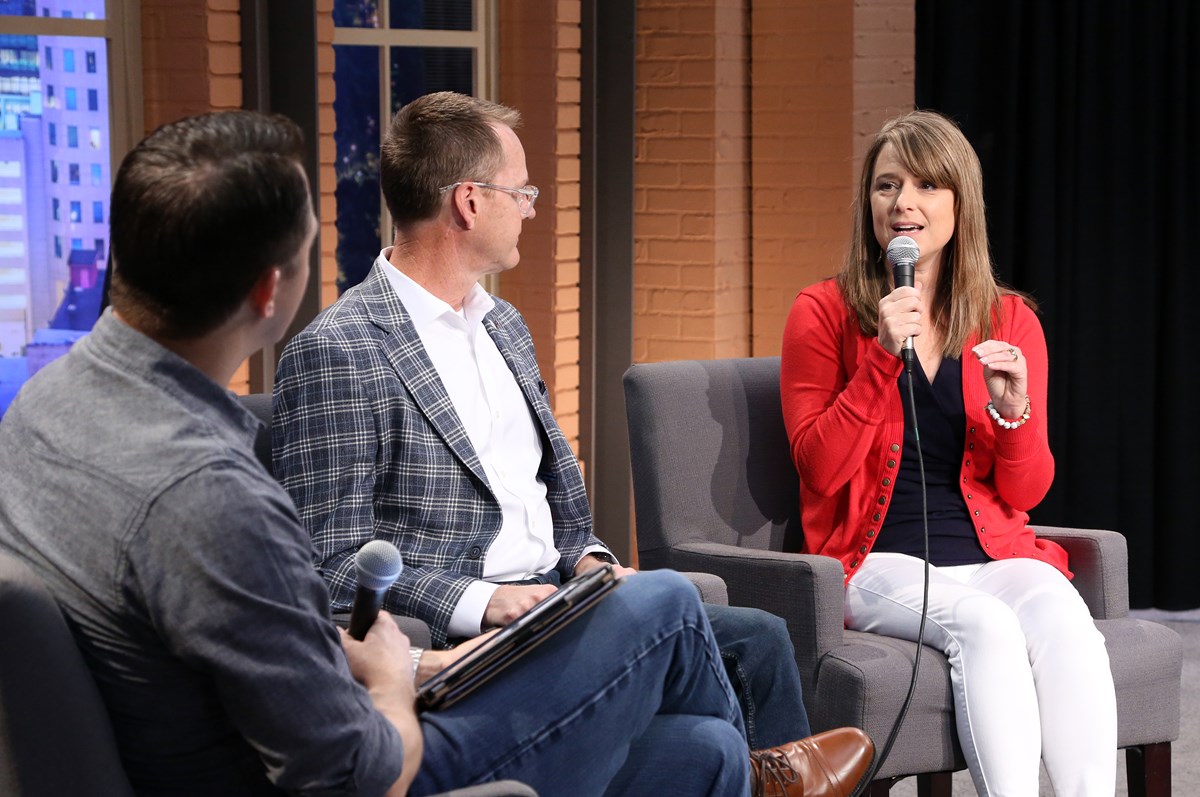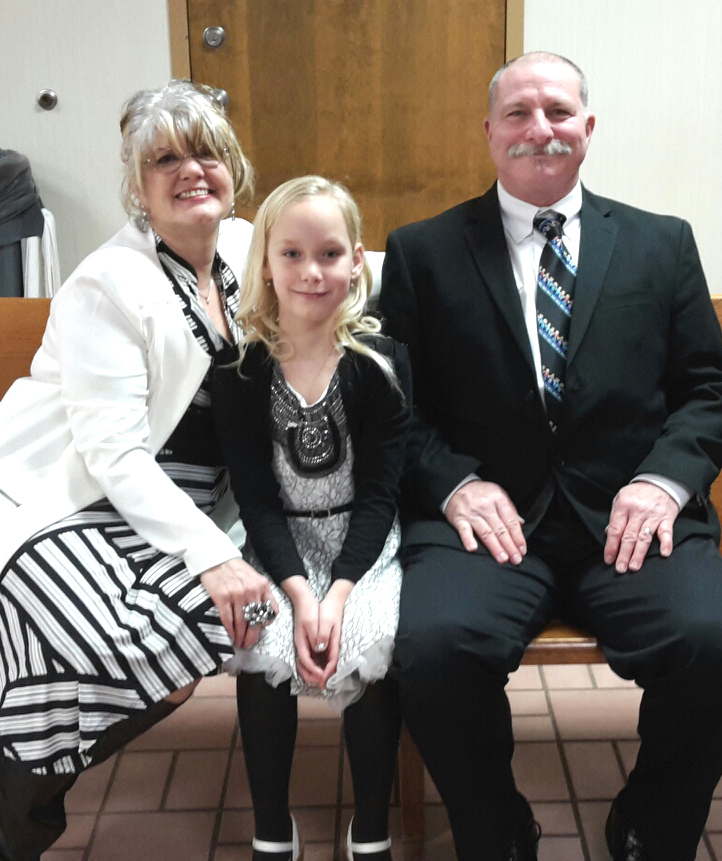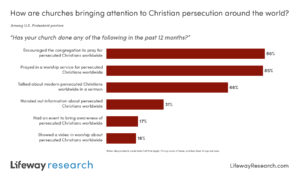
WASHINGTON (BP) — The struggle to protect the freedom of faith-based adoption and foster care agencies to practice their religious beliefs has suffered another setback.
 The U.S. Third Circuit Court of Appeals ruled April 22 the city of Philadelphia did not violate the religious freedom of Catholic Social Services (CSS) in deciding to halt referrals to the agency for foster homes licensed by CSS. The city took the action in 2018 because CSS does not place children with same-sex couples — as well as lesbian, gay, bisexual or transgender individuals — based on its beliefs about marriage and sexuality.
The U.S. Third Circuit Court of Appeals ruled April 22 the city of Philadelphia did not violate the religious freedom of Catholic Social Services (CSS) in deciding to halt referrals to the agency for foster homes licensed by CSS. The city took the action in 2018 because CSS does not place children with same-sex couples — as well as lesbian, gay, bisexual or transgender individuals — based on its beliefs about marriage and sexuality.
In Michigan, meanwhile, Bethany Christian Services — a leading evangelical adoption and foster care agency — reversed a similar policy. It decided April 11 to abide by a recent state settlement and agreed to place children in LGBT homes. Bethany also changed its policy last year in Philadelphia to enable it to maintain its contract with the city.
In the Third Circuit case, the Southern Baptist Ethics & Religious Liberty Commission (ERLC) signed onto a friend-of-the-court brief in support of CSS and foster parents who brought suit against the city.
ERLC President Russell Moore expressed his disappointment with the opinion and the trend of state and local governments penalizing faith-based providers that refuse to compromise their convictions.
“With the current state of adoption and foster care in our nation today, we need as many people working to facilitate these services as possible,” Moore told Baptist Press in a written statement. “The government should not appoint itself as evaluator of what constitutes acceptable theology for faith-based agencies.
“This concerted effort in the child welfare space to shut down service providers because they hold disfavored religious views is wrong,” he said. “As Americans, we need to come together, put aside politics and work to make sure as many children as possible are able to find loving homes.”
States appear evenly divided in the ongoing dispute between protecting the religious liberty of faith-based agencies or the rights of LGBT people.
In addition to Michigan, eight states and the District of Columbia have laws or policies that require child welfare agencies to place children with same-sex couples in adoption, foster care or both, according to the Movement Advancement Project (MAP). They are California, Maryland, Massachusetts, New Jersey, Nevada, New York, Rhode Island and Wisconsin.
Nine states, MAP reports, have enacted measures that protect the right of agencies to abide by their religious or moral convictions in adoption and foster care: Alabama; Kansas; Mississippi; North Dakota; Oklahoma; South Carolina; South Dakota; Texas; and Virginia.
CSS — which had worked with Philadelphia for more than 50 years to help provide foster care — filed suit last year when the city informed the agency it would no longer make referrals to the agency and would not renew its contract with the agency unless it changed its policy on LGBT placements. CSS’ stance violated Philadelphia’s non-discrimination policies, the city said.
In upholding a federal court’s ruling, the Third Circuit Court in Philadelphia declined to order the city to resume providing referrals to CSS. A three-judge panel rejected CSS’ contention the city had violated its rights under the First Amendment’s Free Exercise, Establishment and Free Speech clauses, as well as Pennsylvania’s Religious Freedom Protection Act.
“[T]he current record does not show religious persecution or bias,” the circuit court panel said. “Instead it shows so far the City’s good faith in its effort to enforce its laws against discrimination.”
Becket Senior Counsel Lori Windham called the Third Circuit’s decision “devastating to the hundreds of foster children who have been waiting for a family and to the dozens of parents working with Catholic Social Services who have been waiting to foster a child. We’re disappointed that the court decided to let the city place politics above the needs of kids and the rights of parents, but we will continue this fight.”
Becket represents CSS and the foster parents who brought the suit.
Bethany Christian Services shared the same policy on LGBT foster placements as CSS until Philadelphia threatened to end contracts with the agencies. In response, Bethany agreed to abide by the city’s non-discrimination requirement and place children in LGBT homes.
In Michigan, Bethany changed its policy in the wake of a controversial, lawsuit settlement disclosed March 22. State Attorney General Dana Nessel announced the settlement with two lesbian couples in their ACLU-represented lawsuit against Michigan as a result of the refusal of two state-contracted ministries — Bethany and St. Vincent Catholic Charities — to place children in their homes.
The settlement came despite a 2015 Michigan law that protects the rights of faith-based adoption agencies to decline to place children with same-sex couples because of their beliefs about marriage and the family.
At the time, the ERLC’s Moore said, “The egregiousness of the settlement is surpassed only by its short-sightedness. A state holding adoption agencies hostage will harm children who may now be denied loving homes.”
Bethany Christian Services’ national board of directors voted April 11 to change its policy as it applied to its contract in Michigan, not other states. Bethany said the change will not affect its private adoptions.
“We are disappointed with how this settlement agreement has been implemented by the state government,” Bethany said in a statement provided to BP. “The mission and beliefs of Bethany Christian Services have not changed. We are focused on demonstrating the love of Jesus Christ by serving children in need, and we intend to continue doing so in Michigan.”
The ERLC has made a federal solution to the problem for faith-based agencies a priority in its legislative agenda. It worked for adoption of the Child Welfare Provider Inclusion Act last year, but the bill failed to gain passage. The ERLC is working again in this congressional session to gain support for the proposal, which would bar government discrimination against agencies that provide foster care and adoption services on the basis of their convictions.
MAP describes itself as a think tank that provides research to help hasten equality for LGBT people.


